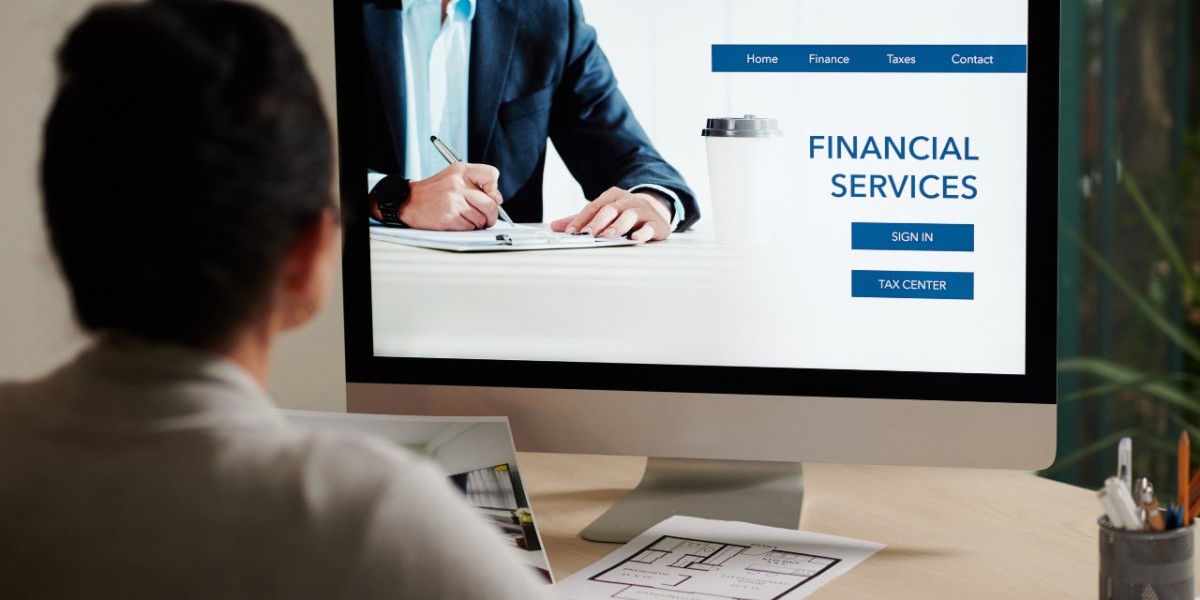When buying cars for sale in Islamabad, budgeting for maintenance costs is an essential aspect of the purchasing process. Understanding the potential expenses associated with vehicle upkeep can help you avoid financial strain down the line and ensure that your new vehicle remains reliable and efficient. This blog will guide you through the steps to budget effectively for car maintenance costs.
1. Research Vehicle Maintenance Costs
Before making a purchase, it’s crucial to research the typical maintenance costs for the specific make and model you’re considering. Some vehicles are known for their reliability and lower upkeep costs, while others may require more frequent repairs and maintenance. Websites, forums, and automotive blogs can provide insights into common maintenance issues and their associated costs.
2. Understand the Manufacturer’s Recommendations
Manufacturers provide maintenance schedules in the owner’s manual that detail recommended services at specific mileage intervals. Familiarize yourself with these recommendations, as they often include essential services such as oil changes, tire rotations, brake inspections, and fluid replacements. Knowing these scheduled services will help you anticipate costs and plan your budget accordingly.
3. Factor in Routine Maintenance Costs
Routine maintenance is a necessary expense that every vehicle owner must consider. Common services and their approximate costs in Pakistan include:
- Oil Changes: Regular oil changes are crucial for engine health. Expect to pay around PKR 2,000 to PKR 5,000 every 5,000 to 10,000 kilometers, depending on the oil type and service provider.
- Tire Rotation and Balancing: To ensure even wear and extend tire life, you should rotate your tires every 8,000 to 10,000 kilometers. This service typically costs between PKR 1,500 and PKR 3,000.
- Brake Services: Brake pads and rotors wear out over time and should be inspected regularly. Replacing brake pads can range from PKR 5,000 to PKR 15,000, depending on the vehicle.
- Battery Replacement: Car batteries usually last about three to five years. Budget around PKR 5,000 to PKR 10,000 for a new battery.
4. Consider Unforeseen Repairs
While routine maintenance is predictable, unforeseen repairs can arise at any time. Set aside a contingency fund specifically for unexpected issues such as transmission problems, electrical issues, or engine repairs. A good rule of thumb is to allocate 10-15% of your annual maintenance budget for these unforeseen expenses.
5. Utilize Online Maintenance Calculators
Online maintenance calculators can provide estimates of annual maintenance costs based on the make, model, and age of the vehicle. These tools can help you gain a clearer understanding of what to expect in terms of ongoing expenses. Inputting your vehicle's information can yield a comprehensive breakdown of costs, allowing for more accurate budgeting.
6. Factor in Insurance and Fuel Costs
In addition to maintenance, don’t forget to factor in insurance and fuel costs when budgeting for your car. Research the average insurance premiums for the vehicles you’re considering and include these costs in your monthly budget. Similarly, calculate estimated fuel expenses based on your vehicle's fuel efficiency and your expected driving habits.
7. Review Your Financing Options
If you’re financing your vehicle, consider how maintenance costs will fit into your overall budget. Ensure that you account for monthly payments, insurance, fuel, and maintenance in your financial planning. Opting for a vehicle with lower maintenance costs can ease the financial burden, allowing for a more comfortable ownership experience.
8. Join Online Communities
Online automotive communities, forums, and social media groups can provide valuable insights from current owners regarding maintenance costs and experiences. Engaging with these communities can help you gather tips and advice that may not be available through traditional research methods.
Conclusion
Budgeting for car maintenance costs before buying cars for sale in Islamabad is a crucial step that can significantly impact your overall ownership experience. By researching vehicle maintenance costs, understanding routine service requirements, and setting aside funds for unforeseen repairs, you can ensure that you are financially prepared for the responsibilities of car ownership. With a well-planned budget, you can enjoy your new vehicle while minimizing the stress of unexpected expenses, leading to a more satisfying and worry-free driving experience. Whether you’re in the market for a compact car or a family SUV, taking these steps will empower you to make a sound investment in your next vehicle.










